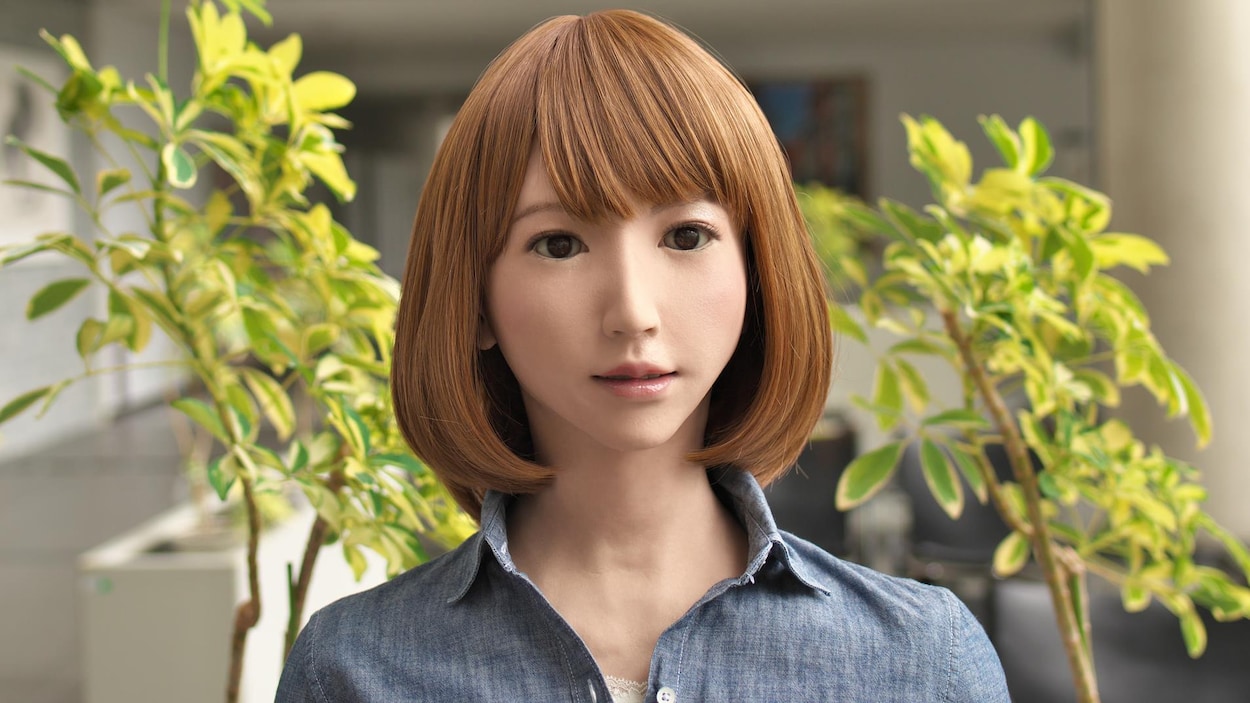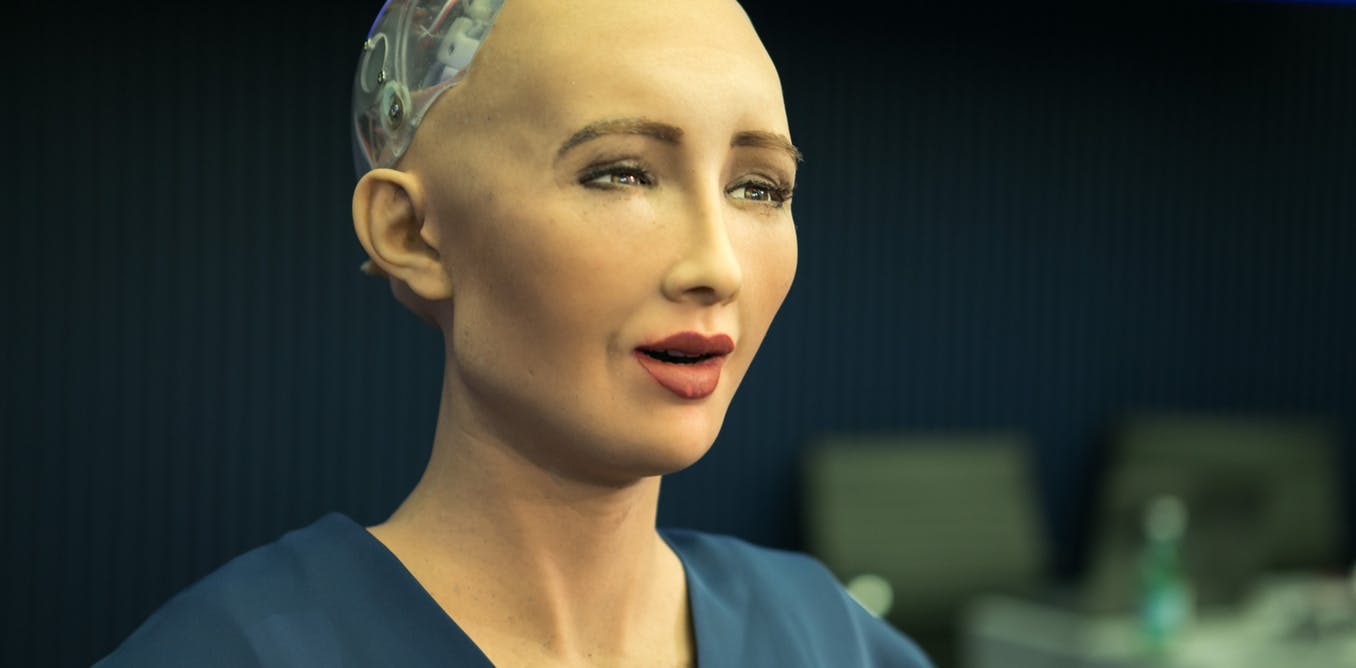We are told at the beginning of the movie “Charlie and the Chocolate Factory” that Charlie’s father lost his job to a machine that his bosses thought was more efficient and less costly. Based on Roald Dahl’s book with the same title, this scene mirrors the fears of “the rise of the machines”. The implications of the advances in science and technology still echo in our modern world as estimates foretell that more jobs would be lost to the machines such as computers, robots, etc.
In April 2017, the Time magazine published an online article entitled “Find Out If a Robot Will Take Your Job”. The article provided a search bot where you can type in your job and find out if it is threatened by a machine. The results displayed are based on a research carried out by The McKinsey Global Institute about the impacts of automation on our life.
The ongoing advances in robotics and artificial intelligence have made it possible for machines to perform not just physical tasks but also tasks that require cognitive abilities only humans—once were thought—could accomplish. As scientists search for ways to make our lives easier, they improve the cognitive and physical functions of the machines. Think of the ATM machines everywhere and think of Siri, the Iphone’s personal assistant, both at your command 24/7. If you think about it, artificial intelligence is already everywhere. However, the threat is felt deeply when robots are given shapes and characteristics that are typically human. In my opinion, humanoid robots, represent the fear that artificial intelligence could at one day replace humans.
/cdn.vox-cdn.com/uploads/chorus_image/image/50028125/siri-tips.0.jpg)
So, are humanoid robots invading our houses any time soon and how far can they go? Isaac Asimov, a famous science fiction writer of the 20th century, has imagined a world where robots are everywhere around us. He created what he names the “Three Laws of Robotics”, which are as follows: robots should not harm human beings, robots must follow what human beings say except when the orders harm human beings, and a robot must always protect its own existence except when that is against the safety and prosperity of human beings. If Asimov’s fictitious world predicts anything, it is that robots will be part of our lives. They will be so close that they should have rules to abide by while they contact us daily.
Is the imaginary world of Isaac Asimov becoming a reality any time soon? Let us see how close humanoid robots can get. Since the release of Pepper, the first humanoid robot with the ability to perceive emotions, the idea of household robots has become more popular and acceptable. The best thing about Pepper is that people can program it to what they like and with time, the robot can adapt to their preferences. Equipped with technology to read your emotions through your gestures or tone of voice, Pepper can become more like a friend. The more time it spent with you, the more it gets to know what you like and adjusts more to your demands. It is no wonder that the designers call Pepper, a “genuine humanoid companion”.
Recently, the BBC posted a video entitled “Can Robots Love Us?”. In the video, Pepper robots are trained to help, accompany, and entertain the elderly who suffer from loneliness.
While Pepper still looks like a robot from a children’s animation movie, the humanoid robot Erica looks and sounds more like you. She can participate in conversations and entertain you with up to 20 different subjects.

The most famous humanoid robot recently, however, is Sophia that was granted the Saudi Arabian citizenship, which makes her the first humanoid citizen. I wonder if she will be granted “human” rights someday?

So, are robots to be granted more “human” rights? Pepper is a lovely companion. Erica can talk and Sophia is a citizen. Would you someday have a humanoid robot in the future as a next door neighbor? Only time will tell.
References
time.com
mckinsey.com
theguardian.com
asimovonline.com
auburn.edu
independent.co.uk
ald.softbankrobotics.com
bbc.co.uk
mirror.co.uk
imdb.com